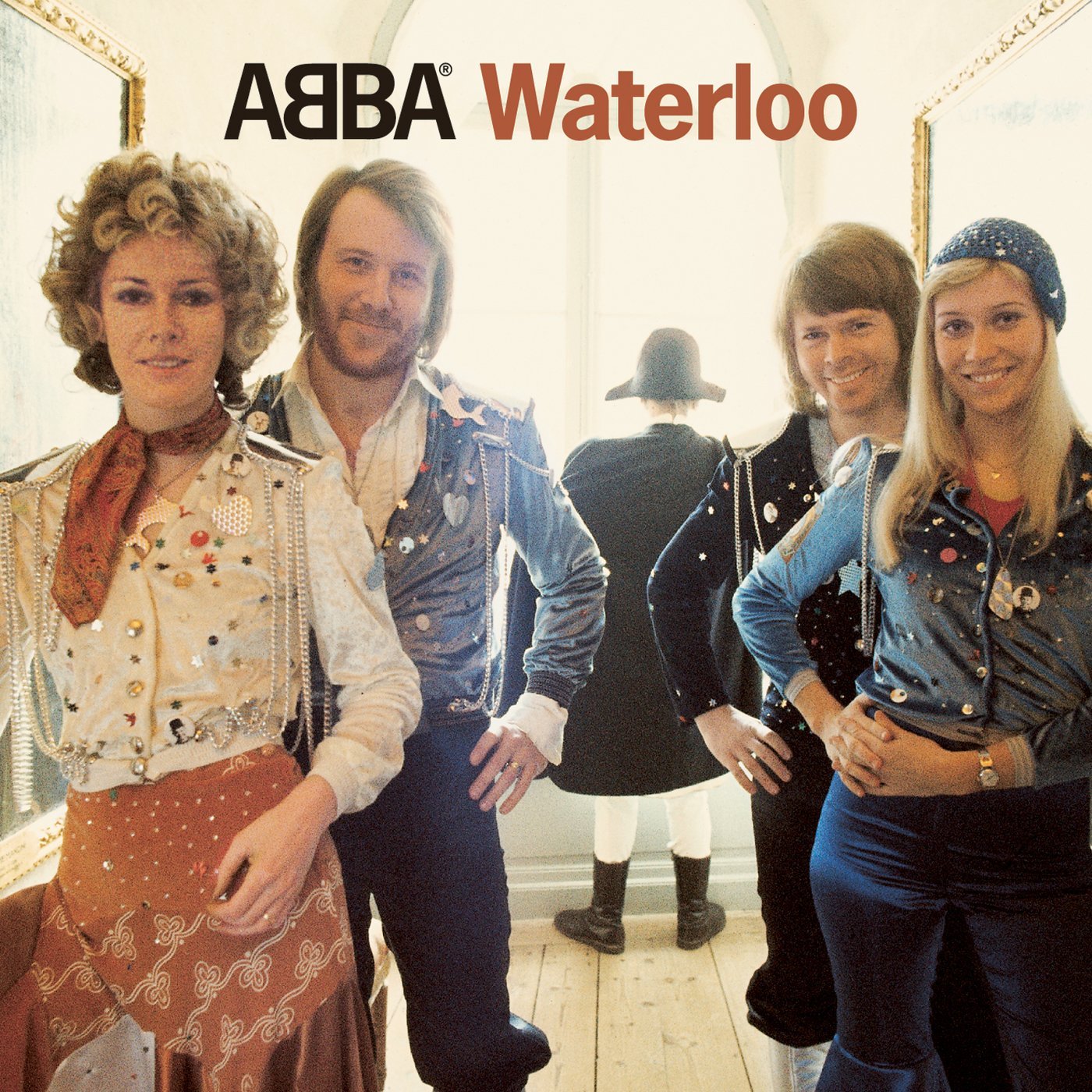Introduction

Dancing Queens Take Over: Unveiling the Story Behind ABBA’s “Waterloo”
ABBA’s “Waterloo” isn’t just a catchy pop song; it’s a landmark moment in music history. Released in 1974 as the lead single from their second album of the same name, the song catapulted the Swedish group to international stardom and established them as one of the biggest pop acts of the decade. Let’s delve into the fascinating story behind this global phenomenon.
The origins of “Waterloo” lie in the creative minds of Benny Andersson and Björn Ulvaeus, the songwriting duo behind ABBA’s greatest hits. Inspired by the burgeoning glam rock scene and the theatricality of Eurovision, they aimed to create a song that was both catchy and energetic. The result? An infectious melody driven by a pulsating beat, layered with Agnetha Fältskog and Anni-Frid Lyngstad’s signature harmonies.
The lyrics, with their playful references to Napoleon’s defeat at Waterloo, add a touch of historical whimsy to the song. Lines like “My, my, at Waterloo Napoleon did surrender / Oh yeah, and I have met my destiny in quite a similar way” playfully compare the experience of falling in love to a grand historical battle, creating a sense of lighthearted fun.
But “Waterloo” wasn’t destined for pop radio alone. ABBA entered Melodifestivalen, the Swedish national selection for Eurovision, with the song in mind. The song’s energy and catchy melody captivated the audience, and ABBA emerged victorious, securing their spot at the international Eurovision Song Contest.
At Eurovision 1974, held in Brighton, England, ABBA delivered a show-stopping performance that transcended the competition. Clad in their now-iconic white costumes, they captivated the audience with their synchronized dance moves and energetic vocals. “Waterloo” proved to be unstoppable, winning the contest by a landslide victory.
The song’s success at Eurovision propelled ABBA to international fame. “Waterloo” topped charts across Europe and became a global hit. It established ABBA’s signature sound, a blend of catchy melodies, powerful vocals, and innovative production.
The legacy of “Waterloo” is undeniable. It’s not just a song; it’s a symbol of a golden age in pop music. The song continues to be a fan favorite, a staple at ABBA concerts, and a reminder of the power of music to transcend borders and languages.
So, if you’re ready for a song that pulsates with energy, celebrates the joy of love, and marks a turning point in pop music history, then crank up the volume for ABBA’s “Waterloo.” This song is more than just a Eurovision winner; it’s a testament to the enduring power of a great pop song that captured the hearts of millions and launched ABBA to global superstardom.
Video
Views: 79